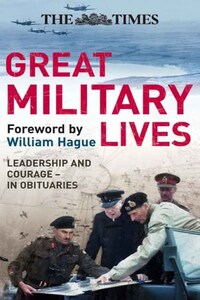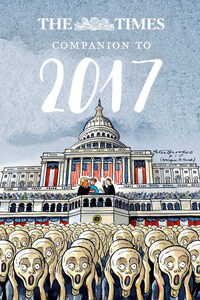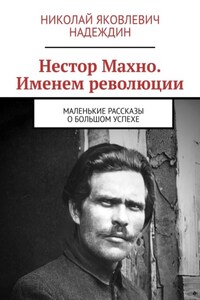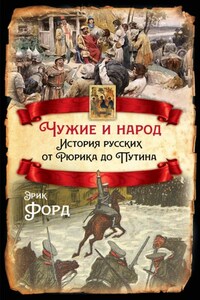The Times Great Military Lives: Leadership and Courage – from Waterloo to the Falklands in Obituaries

The Times for over 150 years has been providing the most respected and perceptive verdicts on the lives of outstanding individuals. The Times Great Military Lives is an authoritative and fascinating collection of obituaries depicting the great military commanders of the 19th and 20th centuries.The obituaries collected in this volume are of outstanding military commanders all of whom were remarkable men. Sometimes complex and difficult, often intellectually brilliant and physically brave, always with the confidence and clarity of mind to take the difficult decisions which might carry a vital battle or turn a campaign. Above all, they were great leaders of men, ready to bear the lonely responsibility of high command, ever aware that they had the lives of thousands - even the fate of nations - in their hands.The obituaries are reproduced here as they were printed at the time, with the contemporary assessment followed in each case by a current perspective by Major-General Michael Tillotson, military obituaries writer for The Times, who with Ian Brunskill, the paper's obituaries editor, has selected the subjects for inclusion.Great Military Lives tells stories of grand strategy, tactical boldness, and courage and ingenuity under fire. In depicting an age of almost ceaseless conflict, it bears witness to an enduring ideal of selfless service - on land, at sea and in the air - to which those fortunate enough to enjoy peace will always owe so much.Those commanders featured include:Wellington, Montgomery, Patton, Trenchard, MacArthur, Slim, Ulysses S Grant, Robert E Lee, Giuseppe Garibaldi, Sitting Bull, Count Helmuth Von Moltke, Macmahon, Cetywayo, Togo, Lord Roberts, Paul Von Hindenburg, Erich Von Ludendorff, Lord Fisher, Foch, Haig, Beatty, Scheer, Kemal Atäturk, Lord Allenby, Gustaf Mannerheim, Gerd Von Rundstedt, Heinz Guderian, Earl Wavell, Sir Mav Horton, Alanbrooke, Sir Claude Auchinleck, Cunningham, Karl Dönitz, Erwin Rommel, Eisenhower, Albrecht Kesselring, Nimitz, Erich Von Manstein, Rokossovsky, Zhukov, Lord Dowding, Sir Arthur Harris, Adolf Galland, Lord Slim, Orde Wingate, Matthew B Ridgway, Sergei Gorshkov, Sir Walter Walker, Fleet Lord Fieldhouse.








